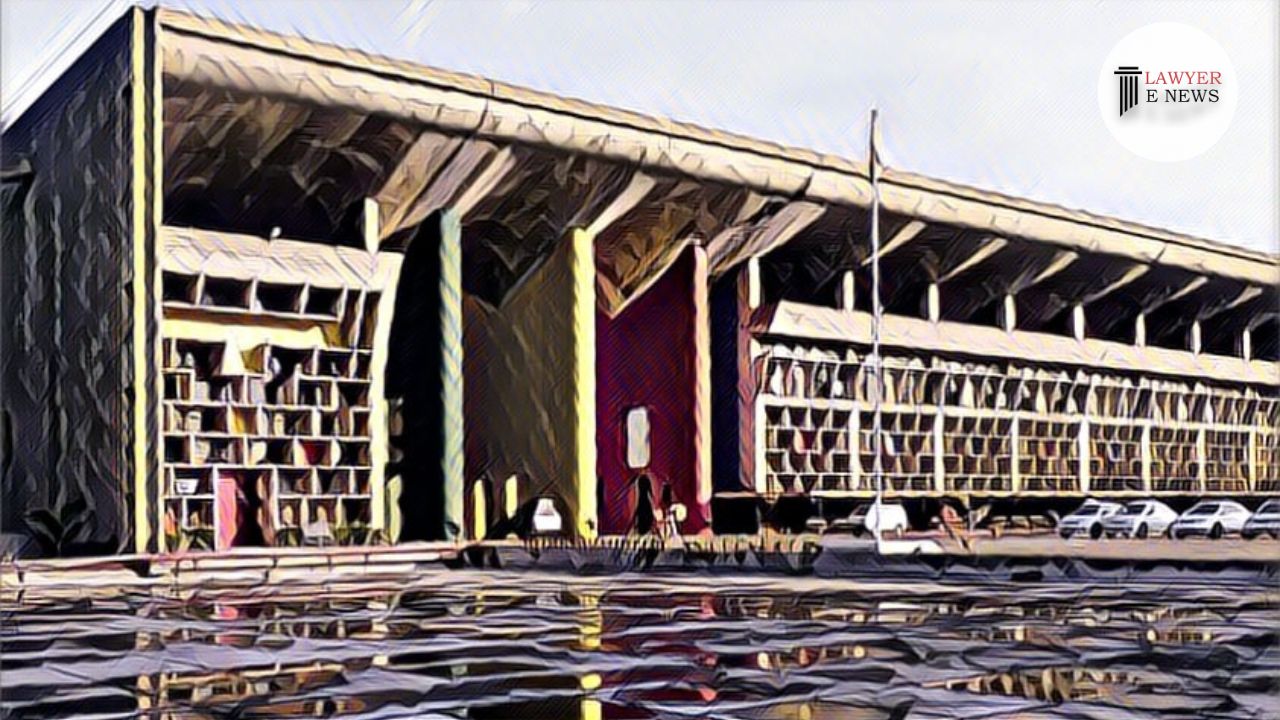-
by Admin
15 February 2026 5:35 AM



Punjab and Haryana High Court dismisses appeals in a long-standing tenancy dispute, emphasizing the landlord’s right to determine his own requirements.
In a significant judgment, the Punjab and Haryana High Court has upheld the eviction of tenants from a disputed property, citing the landlord’s bonafide necessity. The decision, delivered by Justice Deepak Gupta, resolves a protracted legal battle that began in the early 1980s and reinforces the principle that landlords are the best judges of their own needs.
The case involves a property dispute concerning a haveli in Narnaul Town. The original landlord, Krishan Kumar Sanghi, sought to evict tenants Rameshwar Dayal and Chatur Bhuj Sharma, citing arrears of rent, the building's unfitness for habitation, and his own bonafide need for the property. The tenants contested the eviction, claiming tenancy rights and challenging the nature of the property transfer as a gift rather than a sale.
Justice Gupta emphasized that the landlord’s declaration of bonafide necessity must be taken at face value unless proven otherwise. He stated, "The requirement of the landlord must be seen from his perspective. It is not for the tenant or the court to dictate the extent of accommodation necessary for the landlord and his family."
The court addressed the tenant's claim of pre-emption rights based on local customs. Both the trial court and the first appellate court found no sufficient evidence supporting the existence of such a custom in Narnaul Town. The High Court concurred, noting that the plaintiff failed to demonstrate the continuity and reasonableness of the claimed custom.
The court dismissed arguments that the landlord's death and the long duration of the case diminished the bonafide necessity. Justice Gupta remarked, "The bonafide necessity established at the filing of the petition persists through the legal heirs, who have inherited the landlord's rights and requirements."
The judgment meticulously analyzed the principles of bonafide necessity, citing precedents from the Supreme Court and other High Courts. It reiterated that the landlord's need should be genuine, reasonable, and free from any oblique motives. The court underscored that the passage of time and changes in family circumstances do not nullify the landlord’s original bona fide requirement.
Justice Gupta noted, "It is well-settled that the landlord is the master of his needs. Neither the tenant nor the court can dictate how much accommodation would be sufficient for the landlord and his family." He added, "The subsequent retraction of witnesses does not diminish the probative value of their earlier testimonies."
The Punjab and Haryana High Court's ruling in this case reaffirms the judiciary's stance on upholding the landlord's right to reclaim property for bonafide personal use. This judgment sends a clear message about respecting the landlord's assessment of his needs and reinforces legal principles that support eviction on the grounds of genuine necessity.
Date of Decision: July 03, 2024
Rameshwar Dayal v. Krishan Kumar Sanghi (deceased) through LRs and others (P&H HC)
